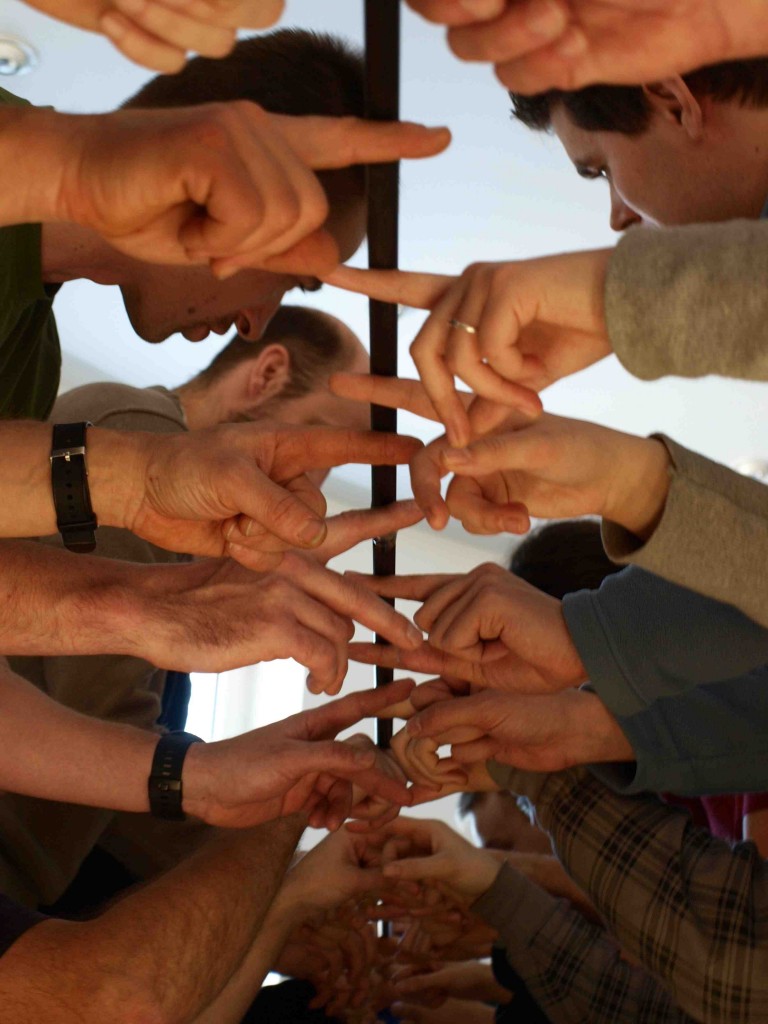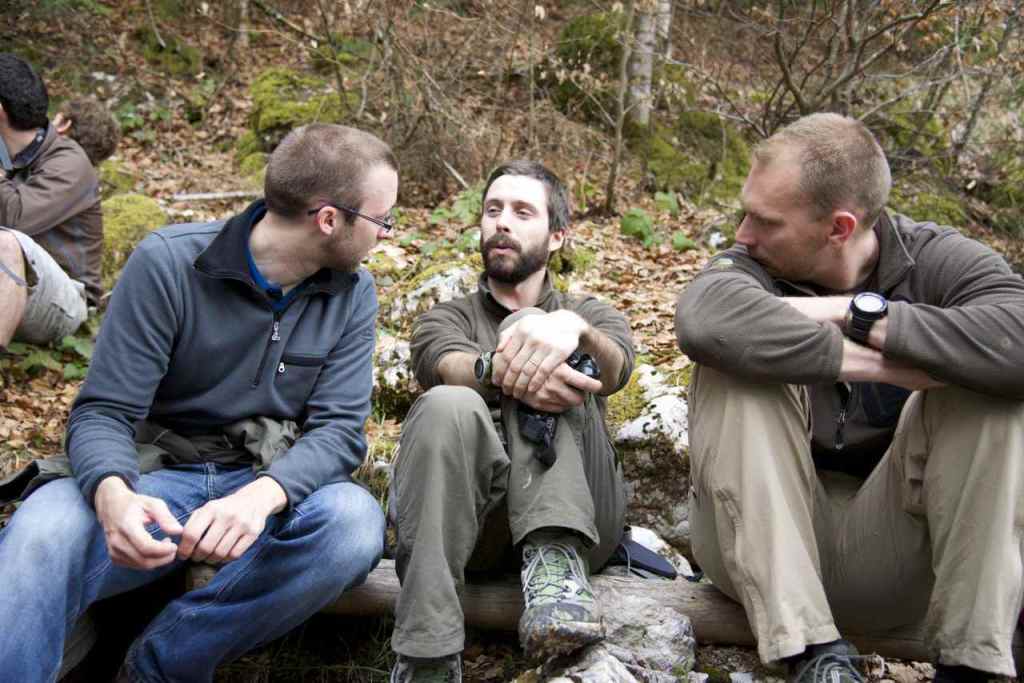 The 4 phases of youth leadership training are simply: You watch me. You help me do it. You do it, I help you. You do it, I watch you.
The 4 phases of youth leadership training are simply: You watch me. You help me do it. You do it, I help you. You do it, I watch you.
Leadership training for youth ministry back in the days when I started youth work was pretty simple. I was a student at the University of Arizona and I wanted to help kids meet Jesus. But I had no idea what I was doing. I was available, I was somewhat teachable, and I was wanting a mentor.
The first “youth leadership training” I got was through a very short conversation with an older more experienced leader in our area. He said, “You see that high school over there, Ashley? It’s full of about 3,500 high school kids who need Jesus. Let’s go.”
The essence of youth leadership is just as simple today. To reach the students in your area it takes leaders who are: Teachable, Available, Humble, and willing to be Apprenticed.
As I think back to the way my leader Jim apprenticed me to start building relationships with kids and sharing Jesus with them, he basically did four things. And I believe this is the essence of how to train leaders to reach the next generation, which every generation must do.


 to influence wide swaths of young people of any nation is to identify, train, and empower younger leaders. In this post I’m not writing to just any leader, I’m addressing those young leaders, organizations, and churches out there who dream about changing the next generation with the Gospel. As I look at young leaders in the Bible who stand out as models for us to follow today, Daniel rises to the top.
to influence wide swaths of young people of any nation is to identify, train, and empower younger leaders. In this post I’m not writing to just any leader, I’m addressing those young leaders, organizations, and churches out there who dream about changing the next generation with the Gospel. As I look at young leaders in the Bible who stand out as models for us to follow today, Daniel rises to the top.


